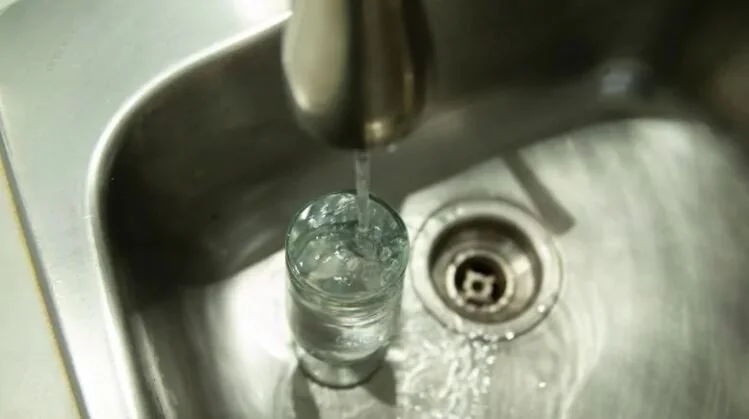As temperatures across Canada continue to rise, few things do a better job of keeping us cool than going for a swim. But with the closure of public swimming pools across the country due to the COVID-19 pandemic, many may be left wondering how safe it will be to return to these spaces once they reopen. According to Matthew Miller, a biochemistry professor at McMaster University in Hamilton who is studying the novel coronavirus, COVID-19 is highly unlikely to be transmitted through water.
Testing suggests 1 in 5 Winnipeg homes with lead pipes have unsafe levels of lead in drinking water
One in five Winnipeg homeowners with lead pipes will get unacceptable levels of lead in their drinking water the moment they turn on the tap, according to the City of Winnipeg. Under the city's lead water quality testing program, samples were taken from 268 homes with lead pipes between Aug. 15 and Nov. 19. The testing was done to ensure water quality met new national guidelines for lead in drinking water, which cut the acceptable amount of contamination in half last March. "Overall, the results are as expected," Renee Grosselle, manager of environmental standards with the City of Winnipeg, told reporters Tuesday afternoon.




